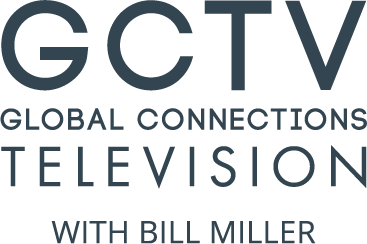Dr. Gilles Guiheux, author, historian and sociologist at the Université Paris Cité, highlights his book “Contemporary China: 1949 to the Present .” He posits that China’s combining integration into the capitalist world economy with authoritarian political practice may be sustainable. Some political observers doubted this delicate juggling act could succeed. In 1949, the stake for Mao was to haul the country out of backwardness and project it into modernity; for Xi, the current challenge is to rally social forces with conflicting interests behind the Party, e.g., Uyghurs, Taiwan, individual rights, etc. The opposition between the world of cities and that of the countryside is still the main inequality that characterizes Chinese society. The Chinese experience is not entirely unique: industrialization, urbanization, bureaucratization, and globalization are phenomena that have accompanied the entry of all human societies into modernity. China owes its success to the convergence of its institutions with those of capitalist market economies.
GCTV explores and covers diverse world issues such as hunger, poverty, security, economic development, energy, world health, migration, war, human rights, tolerance and international trade.




















